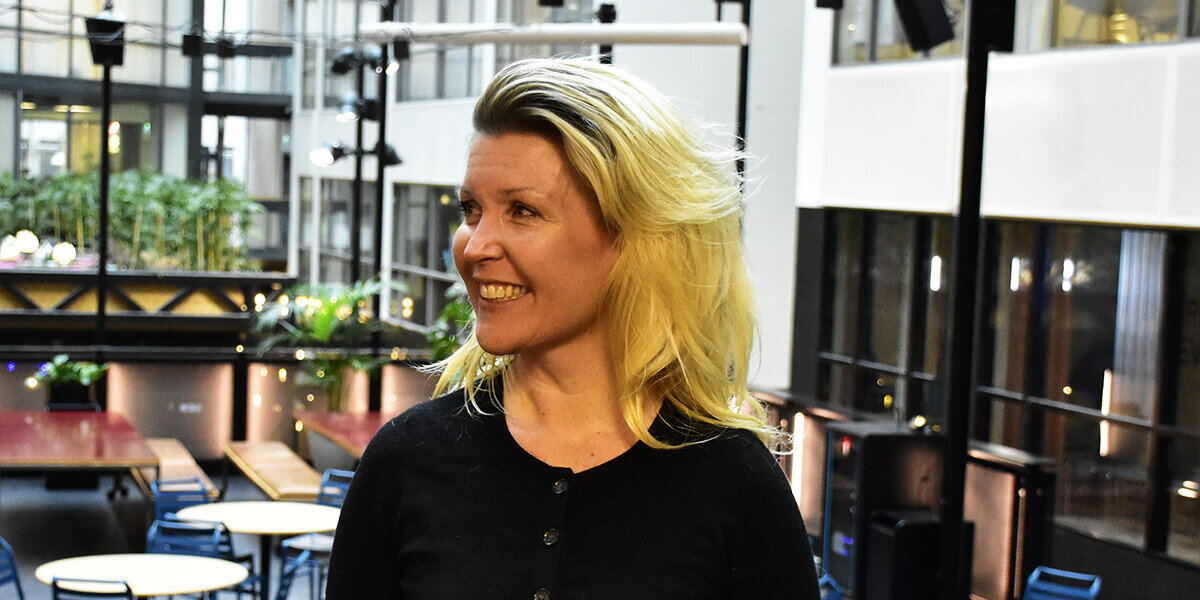Please contact you local service desk for reseting your credentials. //Epicenter team
Curious about what is going on at Epicenter Helsinki, House of Digital Innovation? Then you have come to the right place. In the Epicenter Helsinki Blog you will get the chance to meet the Epicenter community, get knowledge from the digital field and read success stories. Enjoy your read!

Why is change so stressful? And why do a million people working here in Sweden feel uncomfortable at work? In her recent lunchtime masterclass at Epicenter Stockholm, renowned business writer and speaker Karin Zingmark explained how it all comes down to trust – or a lack of. In these very unique times, when the entire working environment changed just over night – this is more relevant than ever. Missed the session? Don’t worry. Here’s your chance to catch up.
Next time you’re in a change situation, keep your eyes and ears peeled. Spot any strange behaviours creeping in? Are people becoming more protective? Excluding others? Taking credit for success that wasn’t theirs? If you’ve noticed these shifts, you’re not alone, reassures Speaker of the Year nominee Karin Zingmark.
Few of us are naturally comfortable with change. After all, it can make us feel threatened, questioned, even insecure. Karin reminds us of the classic Maslow model, showing how our need to feel safe is only one step up from our most basic physiological demands. So when business or organisational change is on the agenda, our core behaviours often change, too. And as Karin points out, that’s rarely for the better.
In fact, when fear-induced behaviours creep into an organisation, three things happen according to research by Christine Porath, professor at the McDonough School of Business. First, we intentionally decrease productivity by up to 48%. Then, we let quality slide. And finally, we waste an incredible amount of time and effort discussing what has gone so wrong. “It’s business’ biggest energy thief” Karin explains, detracting focus and efforts from getting behind driving what really matters.
But how can leaders bring about positive change without breeding these bad behaviours? Karin says it starts with walking the talk about trust.
When teams are built on trust, there’s less scope for change-based fear. She acknowledges it might feel like a soft value to some. Yet there’s no denying the impact on the bottom line: teams reporting high levels of trust experience less stress, higher productivity, more energy, higher engagement and a staggering 40% fewer burnout cases according to research done by Paul J. Zack, professor at the Claremont Graduate University.
Which of these 8 tips will you try first? Thanks to Karin for inspiring and guiding our lunchtime talk, and be sure to check out her latest management best-seller ‘Maxa Modet’. Today when leadership skills are tested to its maximum, these are truly valuable insights.